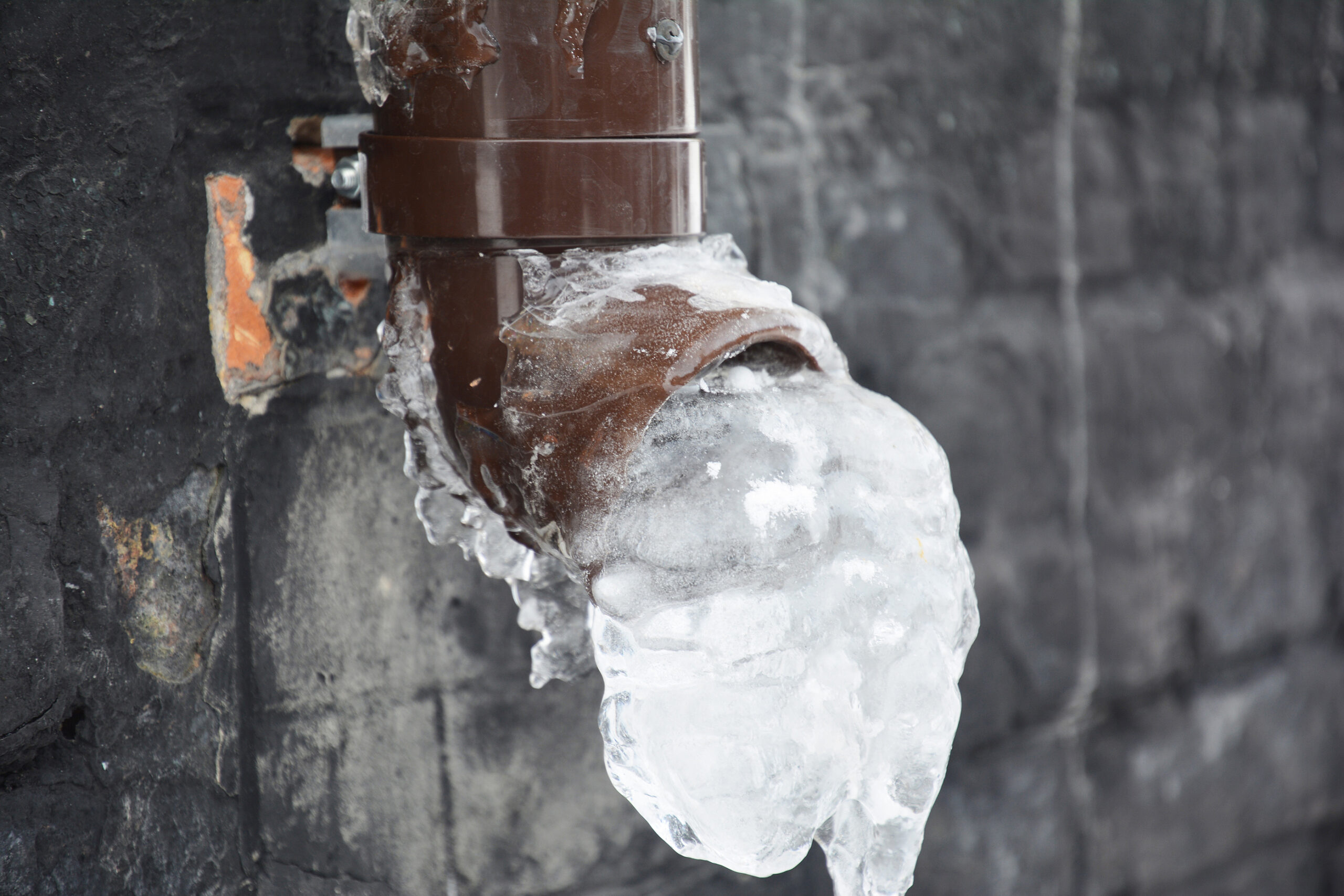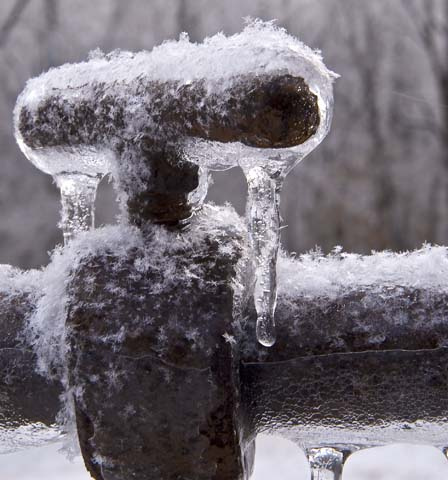Preventing Pipes from Freezing: Top Tips
Preventing Pipes from Freezing: Top Tips
Blog Article
Every person will have their private theory in relation to Helpful Tips to Prevent Frozen Pipes this Winter.

Winter can wreak havoc on your pipes, especially by freezing pipelines. Here's how to stop it from occurring and what to do if it does.
Intro
As temperatures drop, the danger of icy pipelines increases, possibly resulting in costly repair work and water damages. Recognizing exactly how to avoid frozen pipelines is important for house owners in cold environments.
Recognizing Frozen Pipes
What causes pipes to freeze?
Pipelines freeze when exposed to temperature levels listed below 32 ° F (0 ° C) for prolonged periods. As water inside the pipes ices up, it increases, taxing the pipe walls and potentially causing them to break.
Threats and problems
Frozen pipes can lead to water supply disturbances, home damage, and expensive repair work. Burst pipes can flood homes and trigger extensive structural damage.
Indications of Frozen Piping
Determining frozen pipes early can prevent them from rupturing.
Exactly how to recognize frozen pipes
Search for lowered water circulation from faucets, unusual smells or sounds from pipes, and noticeable frost on subjected pipelines.
Prevention Tips
Shielding susceptible pipelines
Cover pipes in insulation sleeves or utilize heat tape to secure them from freezing temperature levels. Focus on pipes in unheated or outside areas of the home.
Heating strategies
Maintain indoor spaces adequately heated, specifically locations with plumbing. Open up cupboard doors to enable cozy air to flow around pipelines under sinks.
Shielding Outside Plumbing
Garden pipes and outside taps
Separate and drain garden hose pipes before winter season. Set up frost-proof spigots or cover outdoor taps with protected caps.
What to Do If Your Pipelines Freeze
Immediate actions to take
If you think frozen pipes, keep taps available to relieve stress as the ice melts. Make use of a hairdryer or towels soaked in hot water to thaw pipes slowly.
Long-Term Solutions
Architectural changes
Think about rerouting pipes away from outside wall surfaces or unheated areas. Include extra insulation to attics, basements, and crawl spaces.
Upgrading insulation
Purchase top quality insulation for pipelines, attic rooms, and wall surfaces. Appropriate insulation helps preserve consistent temperature levels and decreases the risk of frozen pipelines.
Verdict
Avoiding frozen pipelines requires proactive measures and quick feedbacks. By recognizing the reasons, signs, and preventive measures, house owners can protect their pipes during winter.
Helpful Tips to Prevent Frozen Pipes this Winter
UNDERSTANDING THE BASICS: WHY PIPES FREEZE AND WHY IT’S A PROBLEM
Water freezing inside pipes is common during the winter months, but understanding why pipes freeze, and the potential problems it can cause is crucial in preventing such incidents. This section will delve into the basics of why pipes freeze and the associated problems that may arise.
THE SCIENCE BEHIND FROZEN PIPES
When water reaches freezing temperatures, it undergoes a physical transformation and solidifies into ice. This expansion of water as it freezes is the primary reason pipes can burst. As the water inside the pipe freezes, it expands, creating immense pressure on the walls. If the pressure becomes too great, the pipe can crack or rupture, leading to leaks and water damage.
FACTORS THAT CONTRIBUTE TO PIPE FREEZING
Low Temperatures: Extremely cold weather, especially below freezing, increases the risk of pipes freezing. Uninsulated or Poorly Insulated Pipes: Pipes located in unheated areas, such as basements, crawl spaces, or attics, are more prone to freezing. Insufficient insulation or lack of insulation altogether exacerbates the problem. Exterior Wall Exposure: Pipes running along exterior walls are susceptible to freezing as they encounter colder temperatures outside. Lack of Heating or Temperature Regulation: Inadequate heating or inconsistent temperature control in your home can contribute to frozen pipes. PROBLEMS CAUSED BY FROZEN PIPES
- Pipe Bursting: As mentioned earlier, the expansion of water as it freezes can cause pipes to burst, resulting in significant water damage.
- Water Damage: When pipes burst, it can lead to flooding and water damage to your property, including walls, ceilings, flooring, and personal belongings.
- Structural Damage: Prolonged exposure to water from burst pipes can compromise the structural integrity of your home, leading to costly repairs.
- Mold and Mildew Growth: Excess moisture from water damage can create a favorable environment for mold and mildew growth, posing health risks to occupants.
- Disrupted Water Supply: Frozen pipes can also result in a complete or partial loss of water supply until the issue is resolved.
WHY CERTAIN PIPES ARE MORE PRONE TO FREEZING
- Location: Pipes located in unheated or poorly insulated areas, such as basements, crawl spaces, attics, or exterior walls, are at higher risk of freezing.
- Exterior Pipes: Outdoor pipes, such as those used for irrigation or exposed plumbing, are particularly vulnerable to freezing as they are directly exposed to the elements.
- Supply Lines: Pipes that carry water from the main water supply into your home, including the main water line, are critical to protect as freezing in these lines can affect your entire plumbing system.
- Underground Pipes: Pipes buried underground, such as those connected to sprinkler systems or outdoor faucets, can be susceptible to freezing if not properly insulated.
https://busybusy.com/blog/helpful-tips-to-prevent-frozen-pipes-this-winter/

We hope you enjoyed reading our part about How to Prevent Your Pipes From Freezing. Thanks so much for finding the time to read our piece of content. If you please take a moment to distribute this content if you liked it. We enjoy reading our article about How to Prevent Your Pipes From Freezing.
Here Report this page